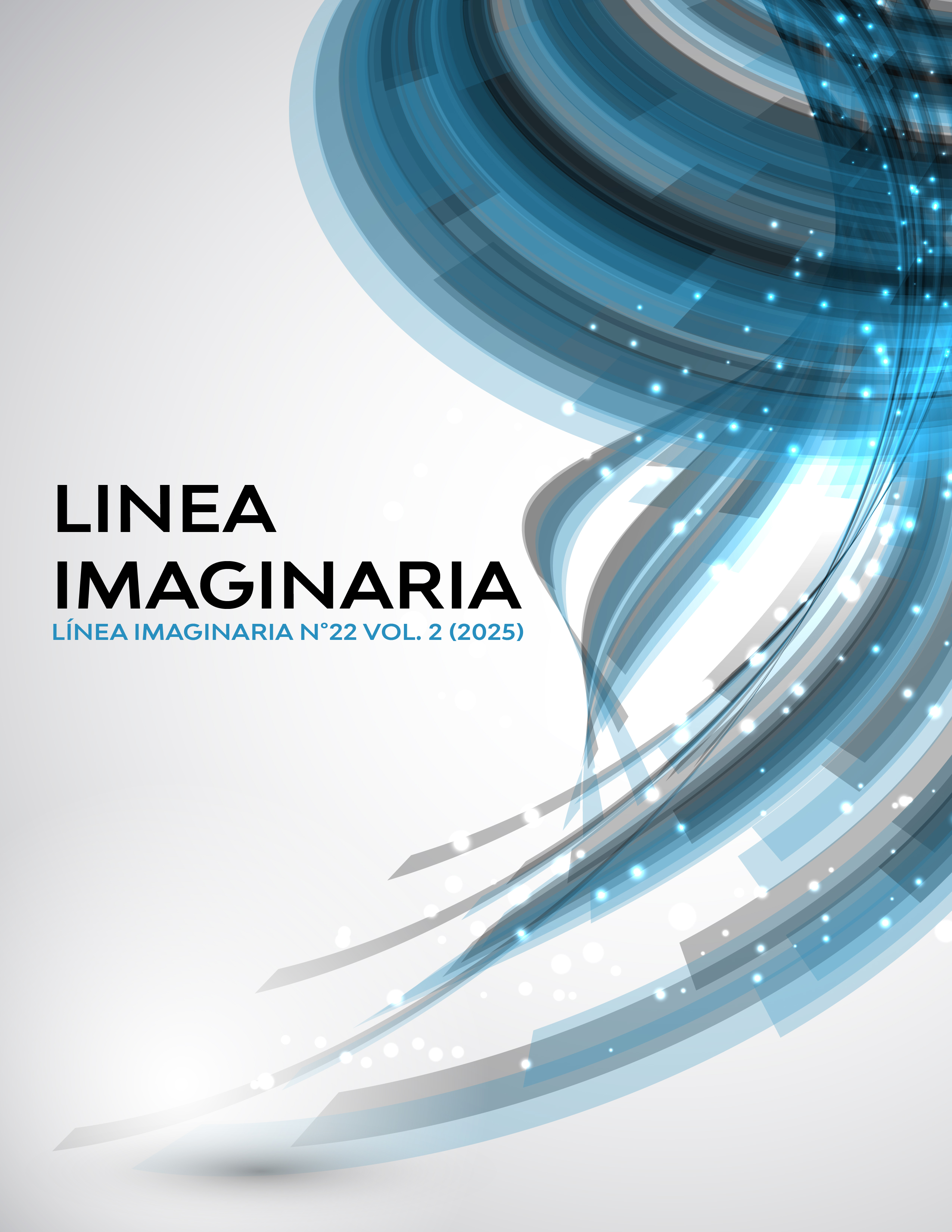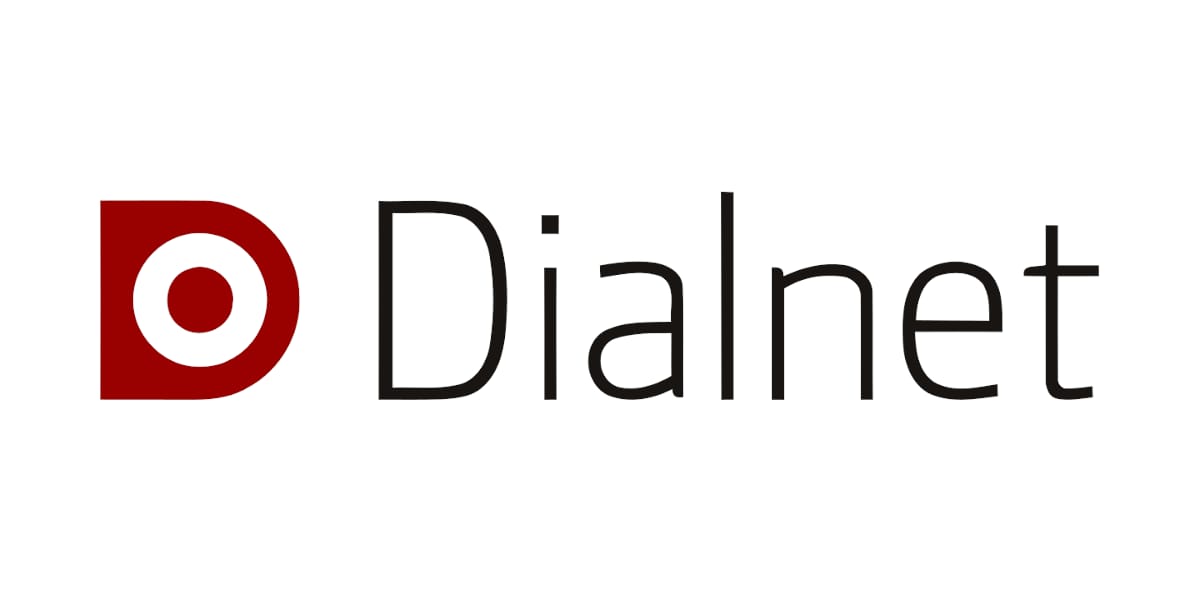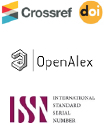CHESS AS A STRATEGY TO STRENGTHEN PHYSICAL EDUCATION TEACHING
DOI:
https://doi.org/10.56219/lneaimaginaria.v2i22.4533Keywords:
Chess, physical education, teaching strategyAbstract
Chess is proposed as an educational tool that enhances higher-order cognitive skills. When facing a game, students must analyze multiple possible scenarios, anticipate consequences, and assess risks. This process demands planning, evaluation of alternatives, and informed decision-making. The game promotes sustained attention, working memory, and the ability to anticipate, essential components of critical thinking in academic and everyday contexts. Furthermore, each move involves an evaluation of costs and benefits, linking logical reasoning with strategic judgment. The structure of chess facilitates the transfer of skills to other areas of knowledge. Students learn to formulate hypotheses, test assumptions, and revise errors through metacognitive reflection. The need to justify choices before a real opponent or the teacher stimulates the articulation of arguments and conceptual clarity.
Downloads
References
Berger, P., y Luckmann, T. (1986). La construcción social de la realidad. Buenos Aires: Amorrortu. Obtenido de https://web.politecnicometro.edu.co/wp-content/uploads/2021/08/Construccion-social-de-la-realidad-Berger-Luckman.pdf
Bustos, M. y Trujillo, H. (2012). Enseñar a Pensar. 1ª edición. Bogotá: Ediciones de la U.
Castro, F. (2021). Pensamiento crítico y eficacia. Madrid. Ediciones Pirámide.
Contreras, J. (2021). El modelaje como fuente de aprendizaje. Ficha VALORAS actualizada de la 1ª Edición “El modelaje según Bandura” (2003). Disponible en Centro Recursos VALORAS: www.valoras.uc.cl
Cros. A. (2003) Convencer en clase, Argumentación y Discurso Docente. (1 edición) Barcelona, España. Ariel lingüística
Fernández, J. (2017). La importancia del pensamiento crítico. https://elartedepensar.wordpress.com/2012/02/17/la-importancia-del-pensamiento-critico/
Giménez, K. (2018). La analogía como estrategia para desarrollar el pensamiento. EPISTEME, 27(1), 119-125. http://ve.scielo.org/scielo.php?script=sci_arttext&pid=S0798-43242007000100007&lng=es&tlng=es.
Hamui-Sutton, A., y Varela-Ruiz, M. (2013). La técnica de grupos focales. Investigación en Educación Médica, 2(5) pp.55-60. Obtenido de https://www.redalyc.org/pdf/3497/349733230009.pdf DOI: https://doi.org/10.1016/S2007-5057(13)72683-8
Horkheimer, M. (1937). Teoría tradicional y crítica. Zeitschrift für Sozialforschung, 6(2), 245-294. [Documento en línea] Disponible en https://www.pdcnet.org/zfs/content/zfs_1937_0006_0002_0245_0294 [Consultado: 2022, noviembre, 15] DOI: https://doi.org/10.5840/zfs19376265
Ley General de educación de la nación de Colombia. [No 115]. [1994, febrero 8]. [transcripción en línea]. https://www.mineducacion.gov.co/1621/articles-85906_archivo_pdf.pdf
Lindarte, A. (2021). Constructos Teóricos del Pensamiento Crítico para el Desarrollo de Prácticas Pedagógicas Efectivas en Básica Primaria. [Trabajo de doctorado, UPEL-IPRGR]. https://espacio-digital.upel.edu.ve/index.php/TD/article/view/188
Martínez-Miguélez, M. (2004). Ciencia y Arte en la Metodología Cualitativa. México: Editorial Trillas.
Paul, R. Elder, L. (2003). La mini-guía para el Pensamiento crítico Conceptos y herramientas. Fundación para el Pensamiento Crítico 707-878-9100. https://www.criticalthinking.org/resources/PDF/SP- ConceptsandTools.pdf
Rodríguez, G., Gil, J., y García, E. (1996). METODOLOGIA DE LA INVESTIGACION CUALITATIVA. Granada: Ediciones Aljibe. Obtenido de https://cesaraguilar.weebly.com/uploads/2/7/7/5/2775690/rodriguez_gil_01.pdf
Rodríguez, N. (2020). Aprendizaje basado en problemas en el desarrollo del pensamiento crítico y el rendimiento académico en Formación Ciudadana y Cívica. [Tesis doctoral, Universidad César Vallejo] Perú. https://repositorio.ucv.edu.pe/bitstream/handle/20.500.12692/5338/Rodriguez_SNE.p%20df?sequence=1&isAllowed=y
Rogers, F. y Freiberg, J. (1996). El Desarrollo del Pensamiento crítico a través de varias metodologías docentes. Universidad Autónoma de Barcelona]. España.
Salgado, A. (2007). Investigación cualitativa: Diseños, evaluación del rigor metodológico y retos. LIBERABIT 13, pp.71-78. Obtenido de https://dialnet.unirioja.es/descarga/articulo/2766815.pdf
Sánchez, D. (2018). Nietzsche en Deleuze: hacia una genealogía del pensamiento crítico. Theoría. Revista Del Colegio De Filosofía, (10), 65–83. https://doi.org/10.22201/ffyl.16656415p.2000.10.251 DOI: https://doi.org/10.22201/ffyl.16656415p.2000.10.251
Strauss, A., & Corbin, J. (2002). Bases de la investigación cualitativa: técnicas y procedimientos. Medellín: Editorial Universidad de Antioquia.
Vásquez, G. (2017). Educar en pensamiento crítico, una urgencia para Colombia. El Tiempo. [Periódico en línea]. https://www.eltiempo.com/vida/educacion/el-pensamiento-critico-una-urgencia-de-la-educacion-para-colombia-289720
Velázquez, J. (2016). HACIA UN NUEVO CONCEPTO DE PENSAMIENTO Y COMPRENSIÓN. EDITORIAL Boletín virtual Redipe. ISSN-e 2256-1536, Nº. 824, 2013, págs. 6-14
Vygotsky, L. (1995). PENSAMIENTO Y LENGUAJE. Teoría del desarrollo cultural de las funciones psíquicas. (Rotger, M. Trad). Ediciones Librerías Fausto, Buenos Aires, Argentina. https://abacoenred.com/wp-content/uploads/2015/10/Pensamiento-y-Lenguaje-Vigotsky-Lev.pdf
Downloads
Published
How to Cite
Issue
Section
License

This work is licensed under a Creative Commons Attribution-NonCommercial-ShareAlike 4.0 International License.
La revista Línea Imaginaria conserva los derechos patrimoniales (copyright) de las obras publicadas, que favorece y permite la reutilización de los mismos bajo la licencia Creative Commons Atribución-NoComercial-CompartirIgual 4.0 , por lo cual se pueden copiar, usar, difundir, transmitir y exponer públicamente, siempre que se cite la autoría y fuente original de su publicación (revista, editorial, URL y DOI de la obra), no se usen para fines comerciales u onerosos y se mencione la existencia y especificaciones de esta licencia de uso. Si remezcla, transforma o crea a partir del material, debe distribuir su contribución bajo la misma licencia del original.















